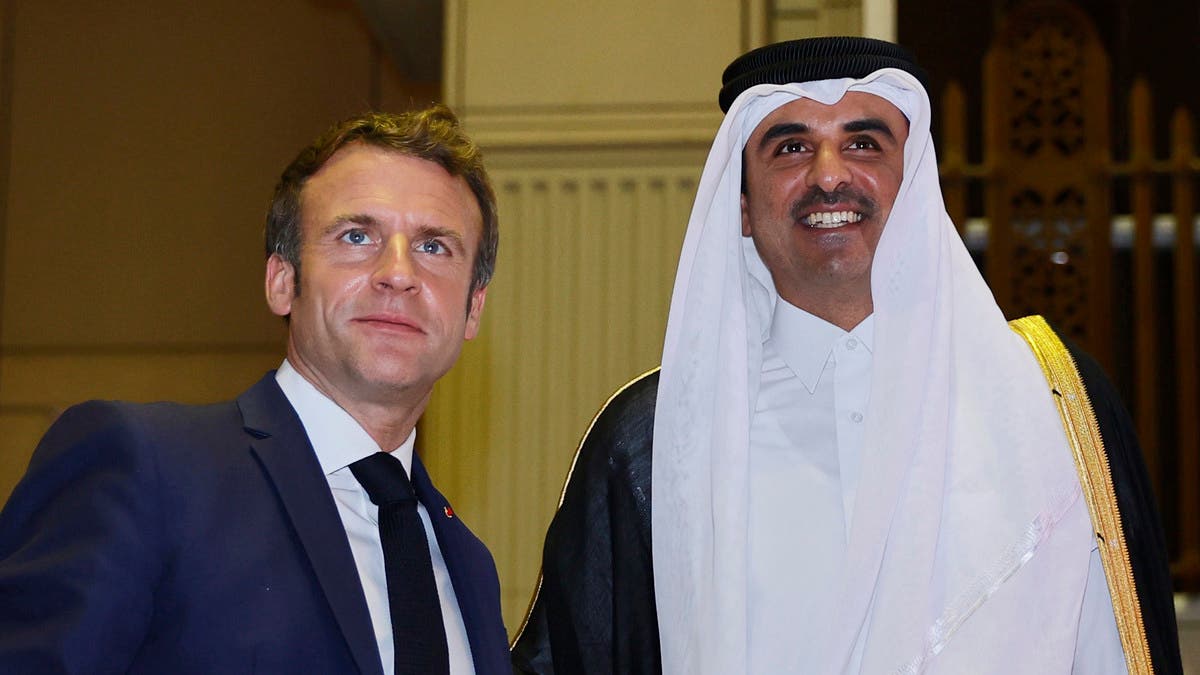French President Emmanuel Macron, on a visit to the Gulf, expressed appreciation to Qatar on Saturday for helping to organize the latest evacuation to France of more than 250 threatened Afghans.
For the latest headlines, follow our Google News channel online or via the app.
Qatar has played a significant role both in diplomacy and evacuations at the end of a 20-year war in Afghanistan by Western nations.
“I thank Qatar for the role it has played since the start of the crisis, and which permitted the organization of several evacuations,” said Macron, before heading to Saudi Arabia for the final leg of his two-day Gulf tour.
Macron met on Friday evening with Qatar’s emir, Sheikh Tamim bin Hamad Al-Thani.
A flight chartered by Paris flew out the 258 Afghans who were “particularly threatened because of their activities, especially journalists, or because of their links to France, including former locally-recruited civilian personnel for our armies,” the French foreign ministry said on Friday.
The same flight carried 11 French nationals and about 60 from The Netherlands, along with dependents.
The ministry said that since September 10, 110 French nationals and their dependents as well as 396 Afghans have been evacuated on 10 flights organized by Qatar.
“We are going to continue,” Macron said.
Around half of the 124,000 Westerners and Western-allied Afghans flown out of Afghanistan in the waning days of the US-led military involvement in Afghanistan transited through Qatar.
Several European countries are considering opening a common site for diplomatic representation in the country’s capital, Kabul, after the departure of their ambassadors following the capital’s fall to the extremist Taliban in August, Macron said.
Qatar has long hosted a Taliban political office.
After his stay overnight Friday in Qatar, the world’s biggest exporter of liquefied natural gas, Macron was heading to the Saudi Red Sea city of Jeddah on Saturday.
Macron will become one of the first Western leaders to meet the Kingdom’s Crown Prince Mohammed bin Salman since 2018.
The United Arab Emirates signed a record 14-billion-euro ($15.8 billion) contract for 80 Rafale warplanes at the start of Macron’s visit.
Read more:
France’s Macron says hoping for progress on Lebanon ‘within next hours’
French President Macron to hold talks with Saudi Crown Prince Mohammed bin Salman
Macron says France working with other European countries to open Afghanistan mission

 World3 years ago
World3 years ago
 World2 years ago
World2 years ago
 Entertainment7 years ago
Entertainment7 years ago
 World7 years ago
World7 years ago
 Entertainment7 years ago
Entertainment7 years ago






